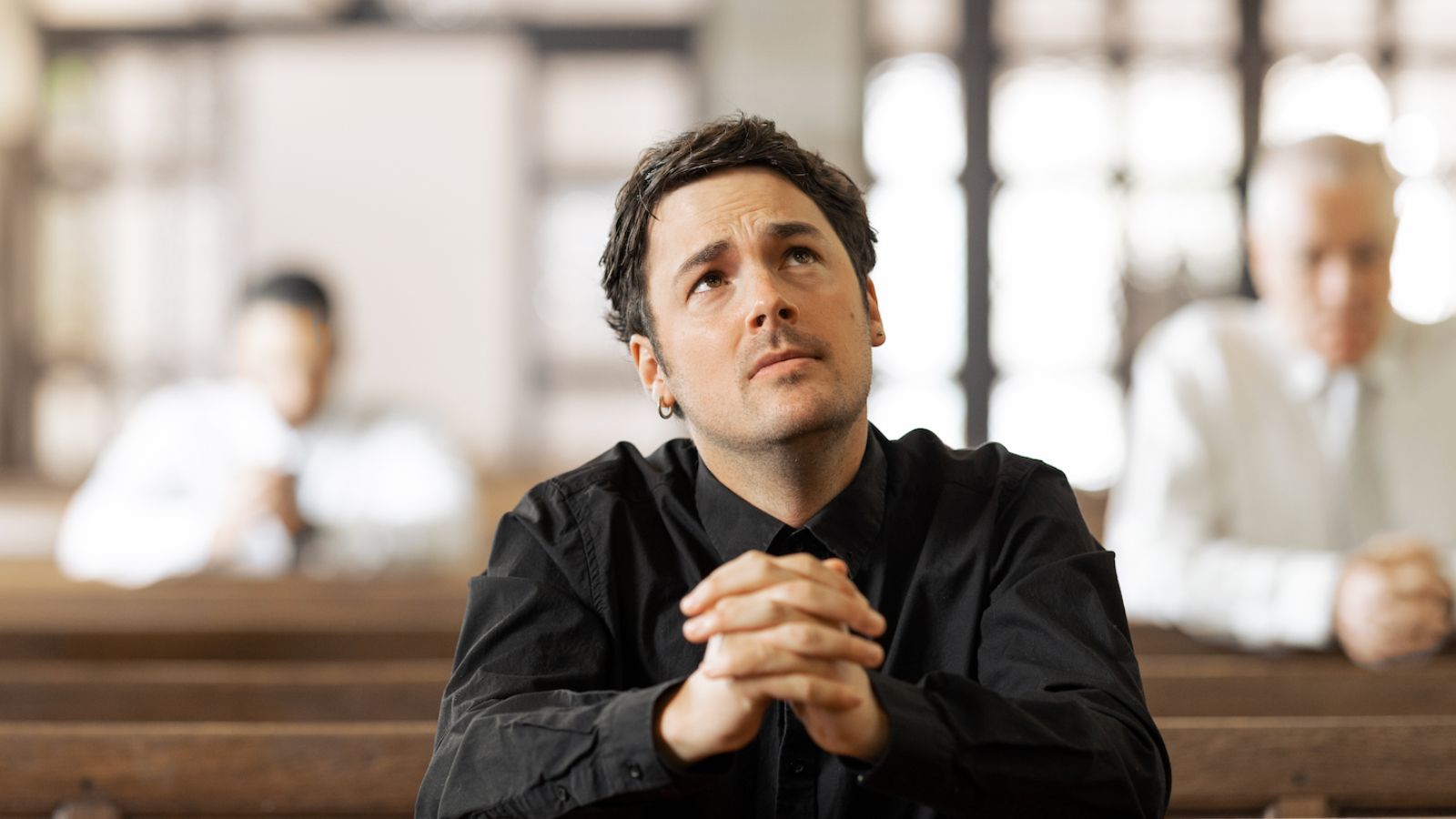Religion isn’t as common or celebrated as it was before. Many people are drifting away from this structure for various reasons. Changes in society, individual differences, or a loss of trust in religious teachings might be factors. This article looks at the reasons why modern Americans are moving away from religious institutions.
Generational Differences in Values and Beliefs
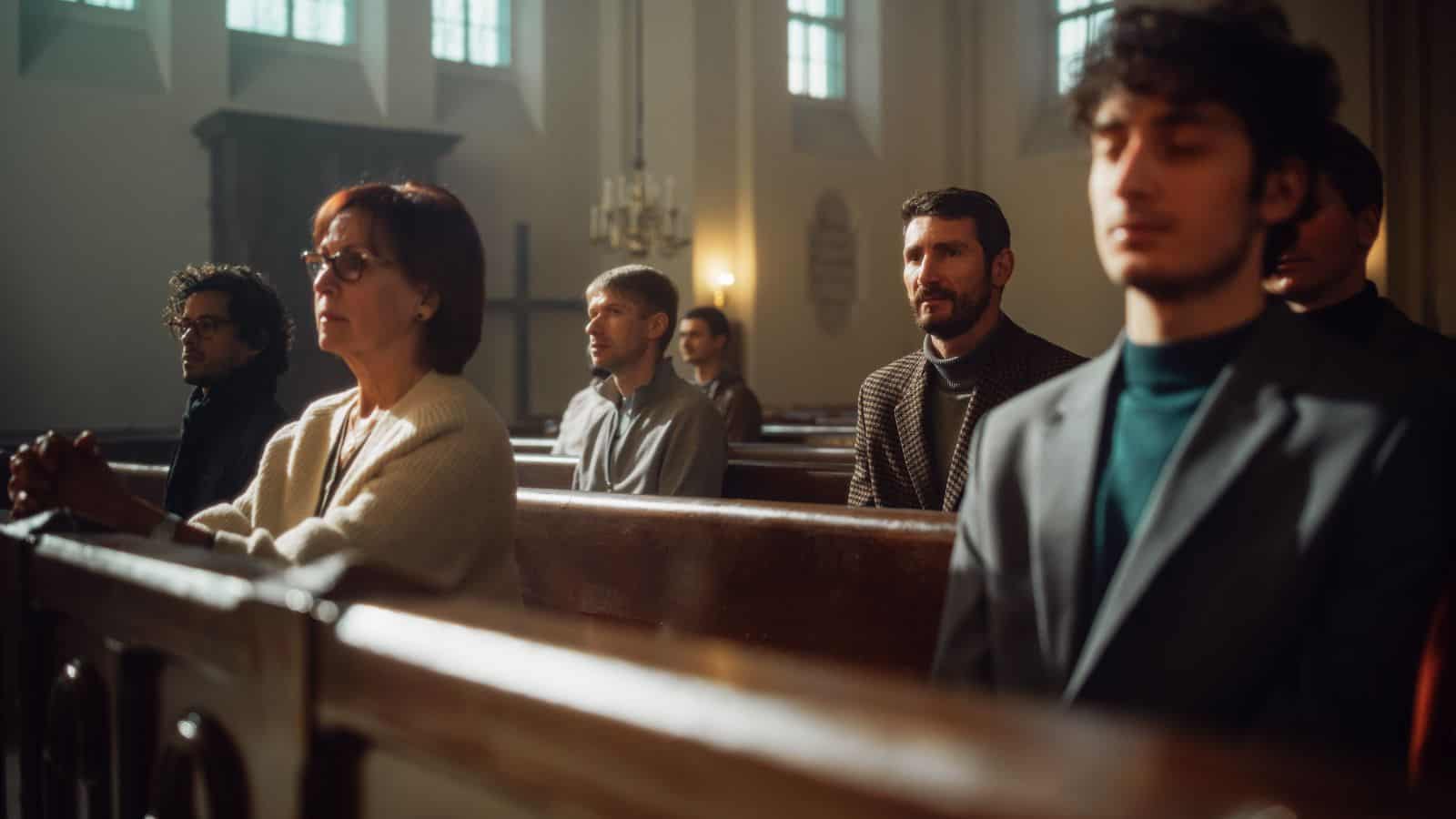
Changes in traditional structures, identities, and the life we’re raised in have created gaps in the values upheld by different generations. Younger generations are more free-spirited and less likely to adhere to traditional religious practices. The American Bible Society reports that one-third of Gen Zs have no religion.
Cultural Shifts Toward Individualism

Many people like to define themselves and set their own rules for how they behave and who they are. Religion has a lot of restrictions that take away from that. The bounds on how a religious individual should dress, act, or conduct themselves take away personal autonomy and choice, causing most people to avoid religion.
Skepticism Due to Science and Technology Advancements

Religion is based on faith and belief in a higher power. It teaches us to trust in things without proof, and this contradicts science. The more discoveries that are made in science, the more people challenge religious beliefs. People have unlimited access to information, causing them to question their faith.
Changing Family Structures and Dynamics

Family structure and upbringing influence one’s religious beliefs. Many people follow what their parents taught them. Your religion and practices, like going to church or reading the Bible, are usually learned at a young age. A decline in traditional nuclear families has challenged religious norms, and many people grow up with different beliefs.
Impact of Social Media and Internet Culture

The widespread use of the internet has negatively impacted religion, says the Deseret News. Children are exposed to so many views and information on social media at a very young age. There are many online communities promoting secularism, and there is a lot of criticism around religious beliefs. This creates a lot of confusion and doubt about religious structures.
Demographic Changes and Immigration

A lot of people migrate to live in different countries. These demographic shifts contribute to the diversification of religious beliefs and practices. There is less dominance of a particular religion in one country. This increases the likelihood of people converting and sometimes leaving religion altogether when the beliefs contradict.
Political Polarization and Religious Affiliation

People’s politics and religion often go together. If you’re conservative, you might be religious. If you’re liberal, you might not be. Religious practices can get mixed up with politics. This makes some people reject religion. They don’t want to be associated with the political side.
Decline in Religious Social Capital

People have a lot of social events and lifestyles that divert time from joining religious communities. Younger people especially don’t join and aren’t participating in these activities. This means less community and friendship from religious groups. These connections are necessary for people to feel a greater sense of belonging and attachment to the religion.
Influence of Popular Culture and Media

Movies, TV shows, and music talk about religion, portraying different beliefs. Sometimes, they make fun of religion. Celebrities might talk about what they believe, and this influences a lot of their fans. All this can change how people think about religion. It can make them less interested or more critical of it.
Influence of Education and Intellectualism

According to the Pew Research Center, most U.S. adults with college degrees are less religious than their counterparts. Education affects individuals’ perspectives on religion, exposing them to diverse ideas, often leading to increased skepticism and intellectual inquiry. Critical thinking is encouraged, making it hard to believe things without proof.
Impact of Globalization on Religious Identity
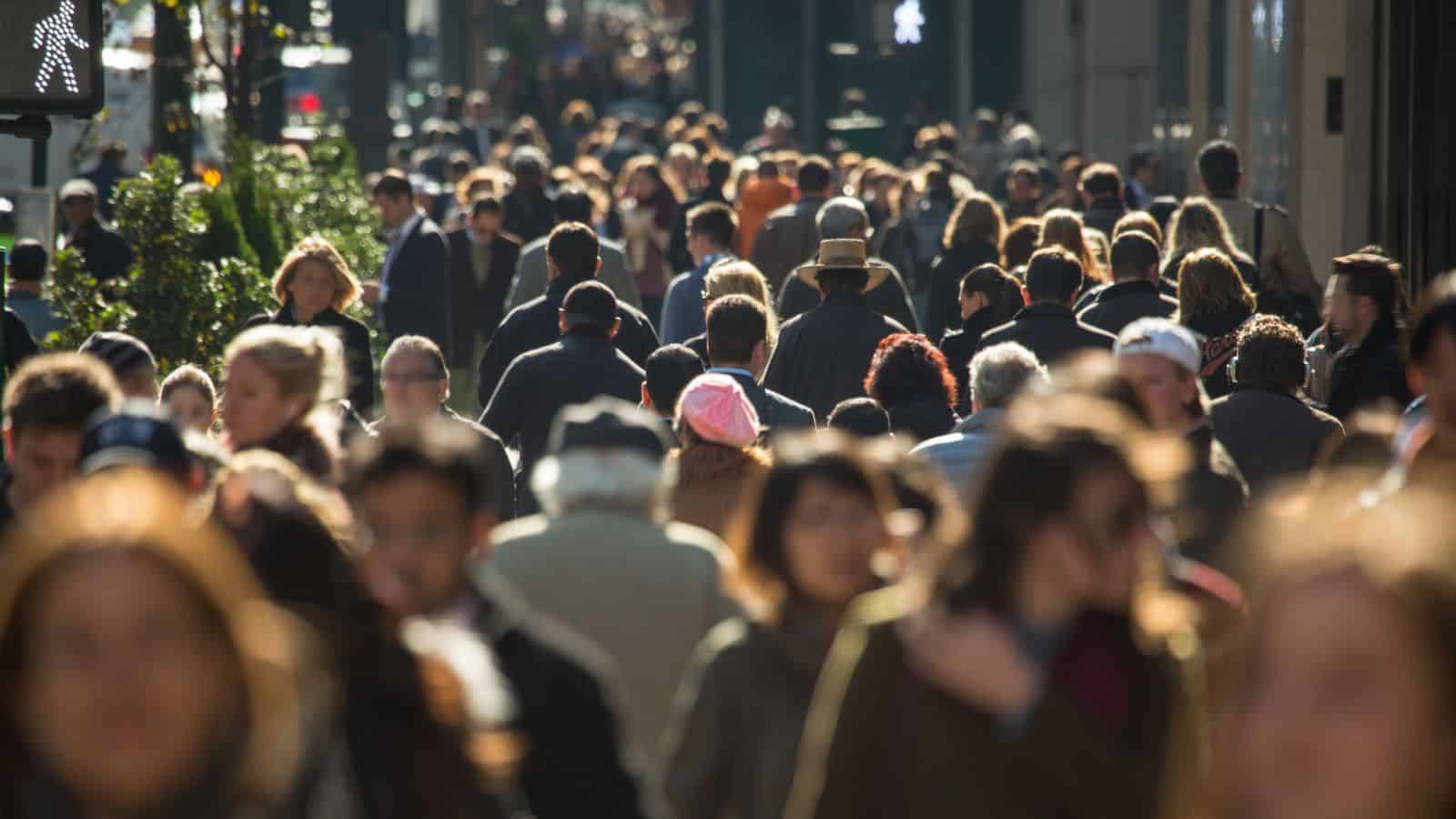
Globalization has given people access to each other from different parts of the world. They are exposed to diverse cultures and belief systems. They see that there are many ways to be religious. Some people mix beliefs from different cultures and might feel less attached to one religion.
Economic Factors and Materialism

Religion teaches a lot against greed and materialism. Many things that people might do for extreme wealth are against the morals of the institution. You find that most people who make more money might not care as much about religion. They focus on getting more stuff instead, no matter what it takes.
Religious Trauma and Past Experiences
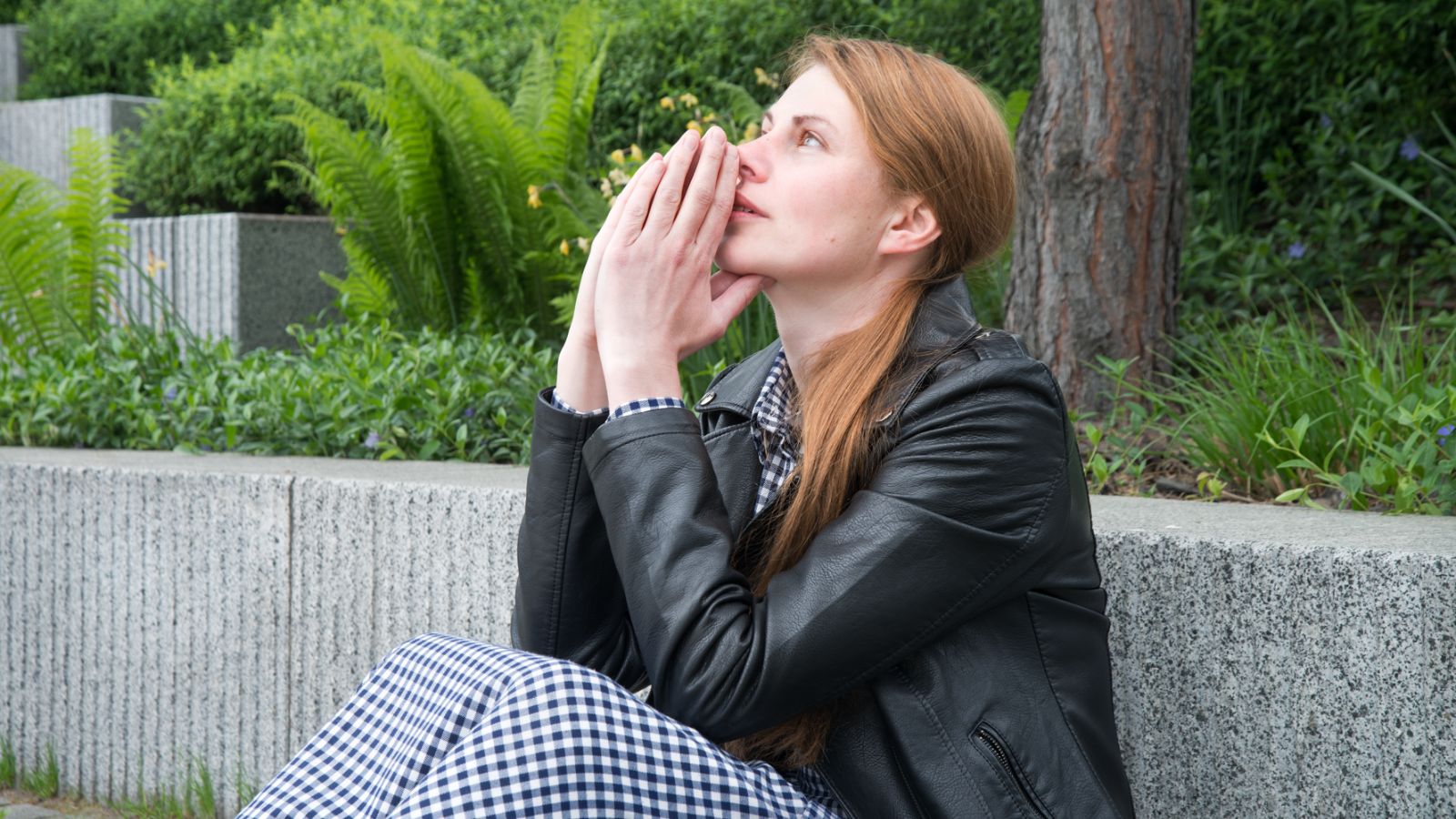
For people who are raised in church or other strict religious institutions, there can be a lot of rules, and any stray from them is judged harshly. It creates guilt because you’re taught not to sin. As humans, we make errors, and the lack of acceptance creates a lot of trauma.
Accessibility of Alternative Spiritual Practices
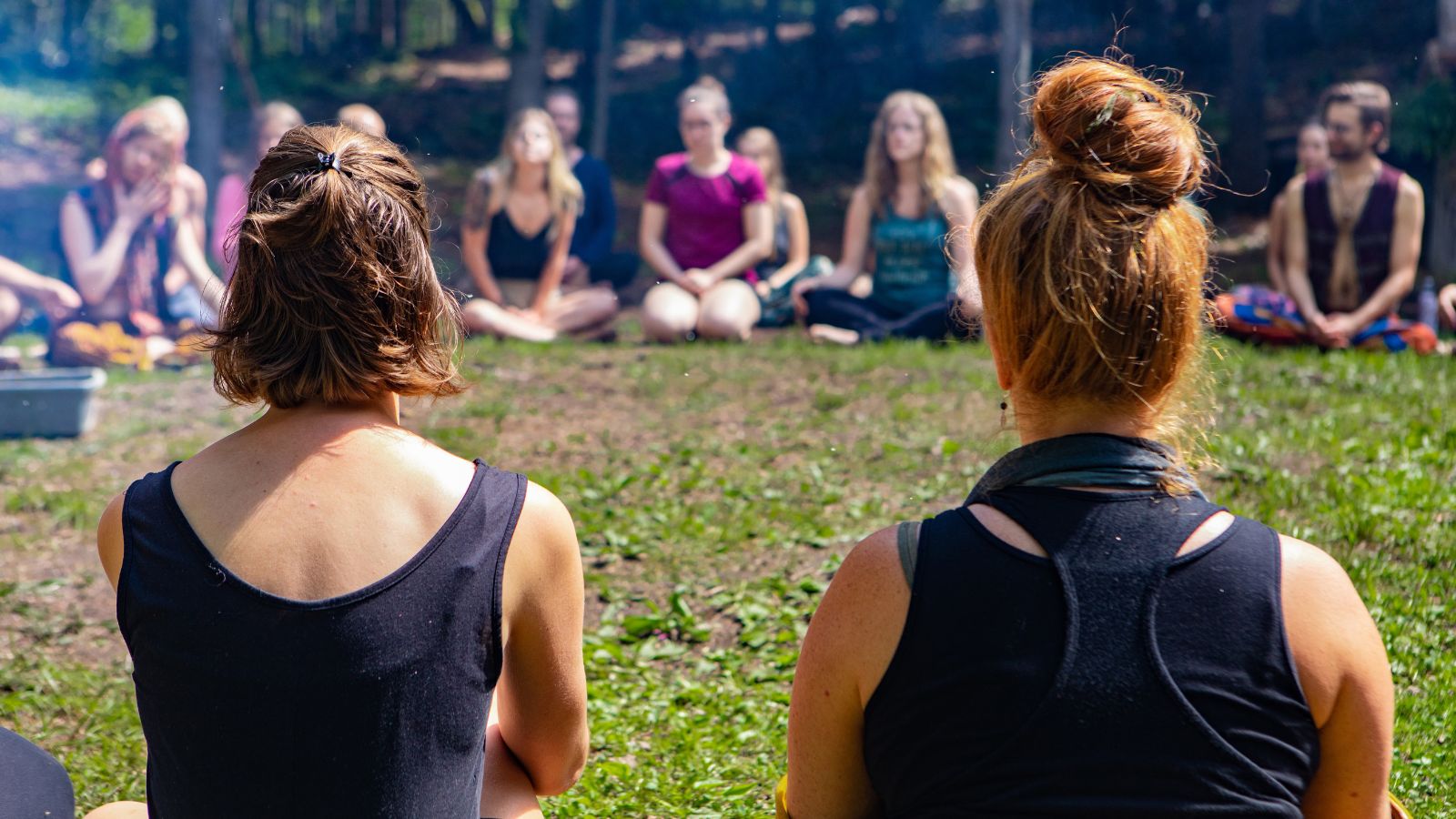
There are new ways to be spiritual without religion. Things like meditation and yoga are popular. They help people feel calm and happy. Some people try New Age things like crystals and astrology. They think it helps them grow as people. These new practices give people more options besides traditional religion.
Negative Perceptions of Religious Institutions
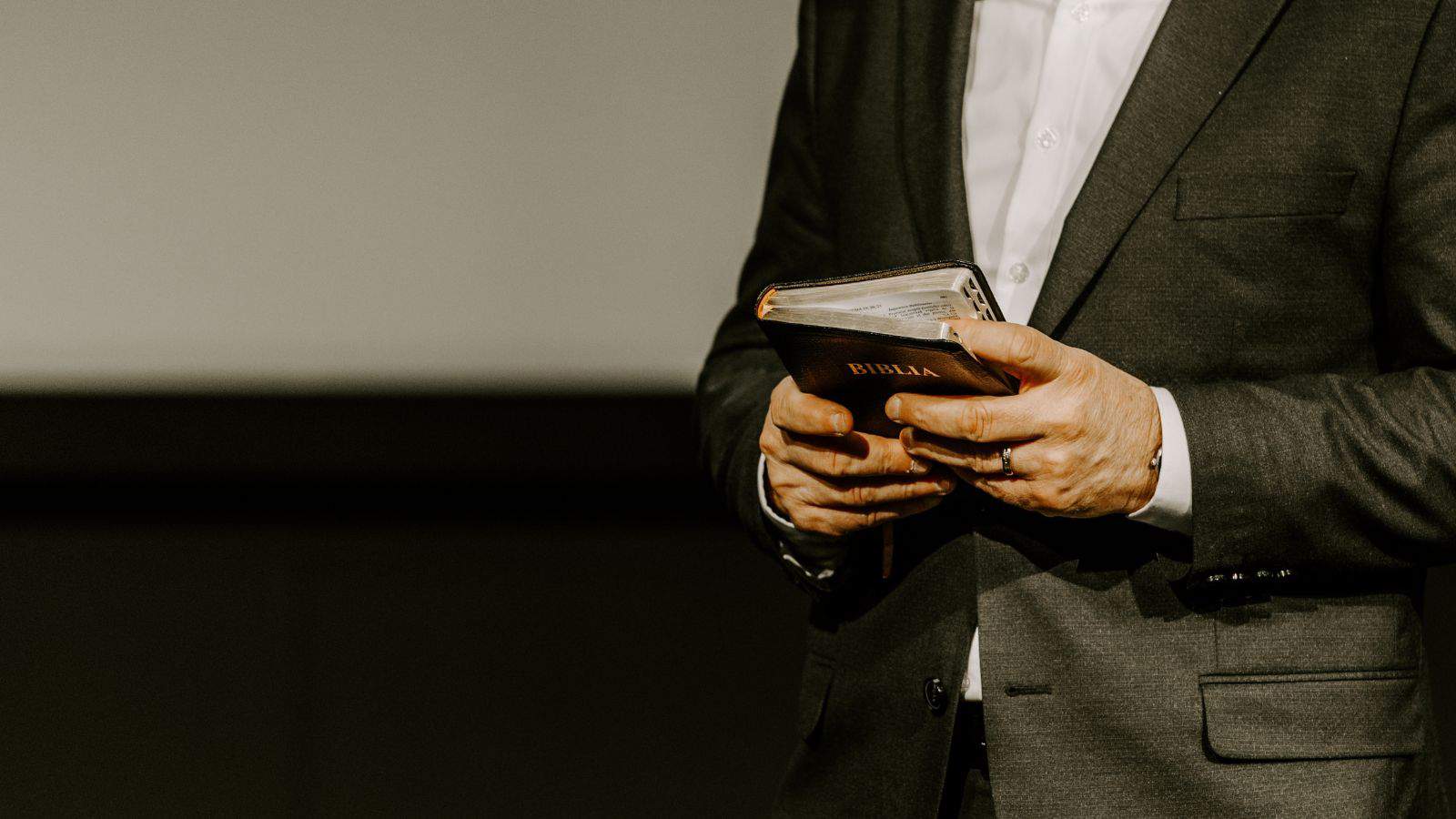
People viewed religion as a moral guide and compass. Religious leaders are supposed to be pillars and their institutions exemplify good values. This trust has been broken with numerous reports of scandals and controversies within religious organizations.
Influence of Secular Education on Morality
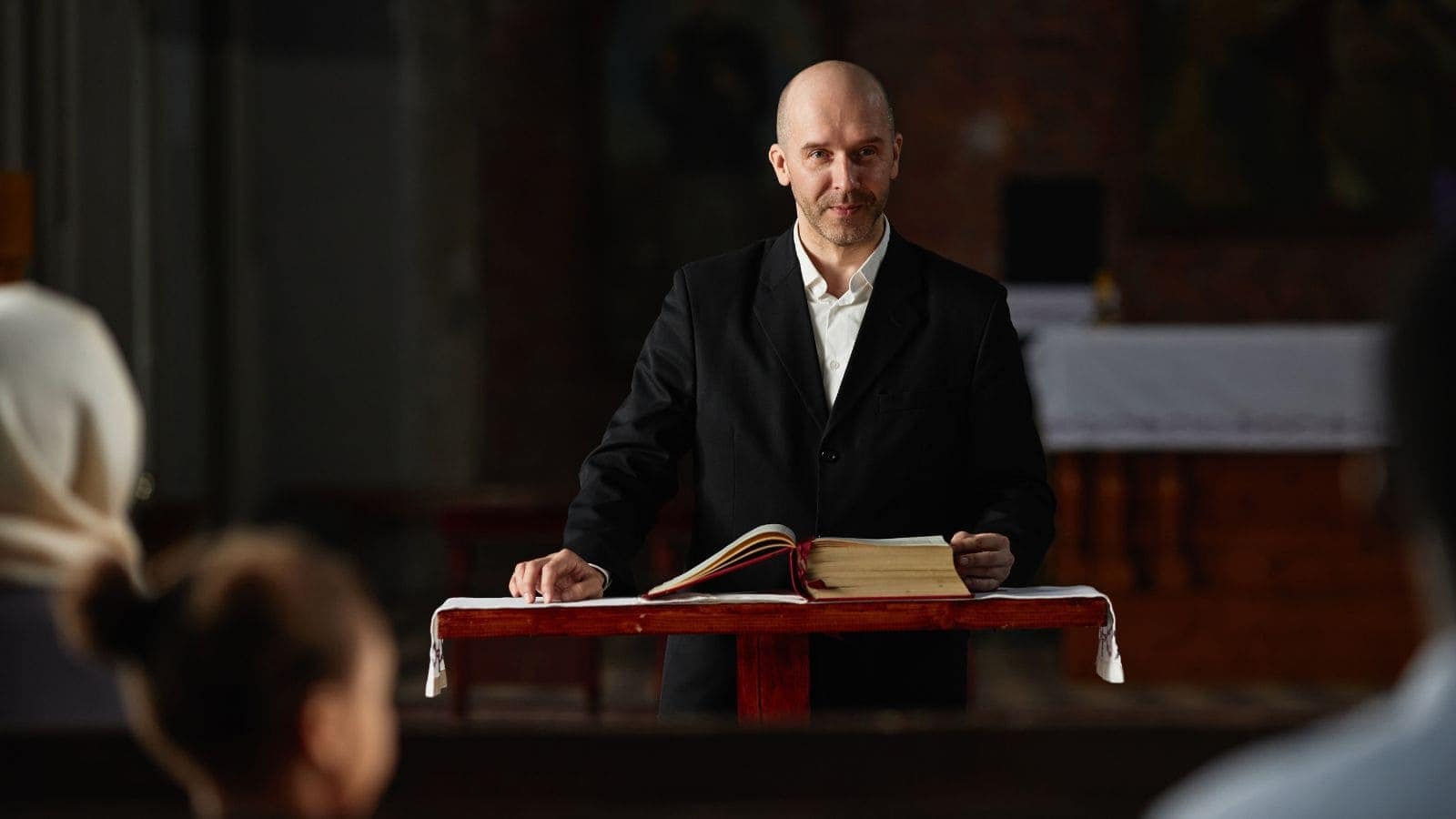
Religion can be very particular about what is wrong and right. But for a lot of people, they are choosing that the most important thing is being a good person. Moral guidance doesn’t have to come from religious leaders as long as you treat people with empathy, compassion, and respect.
Evolving Views on Gender and Sexuality
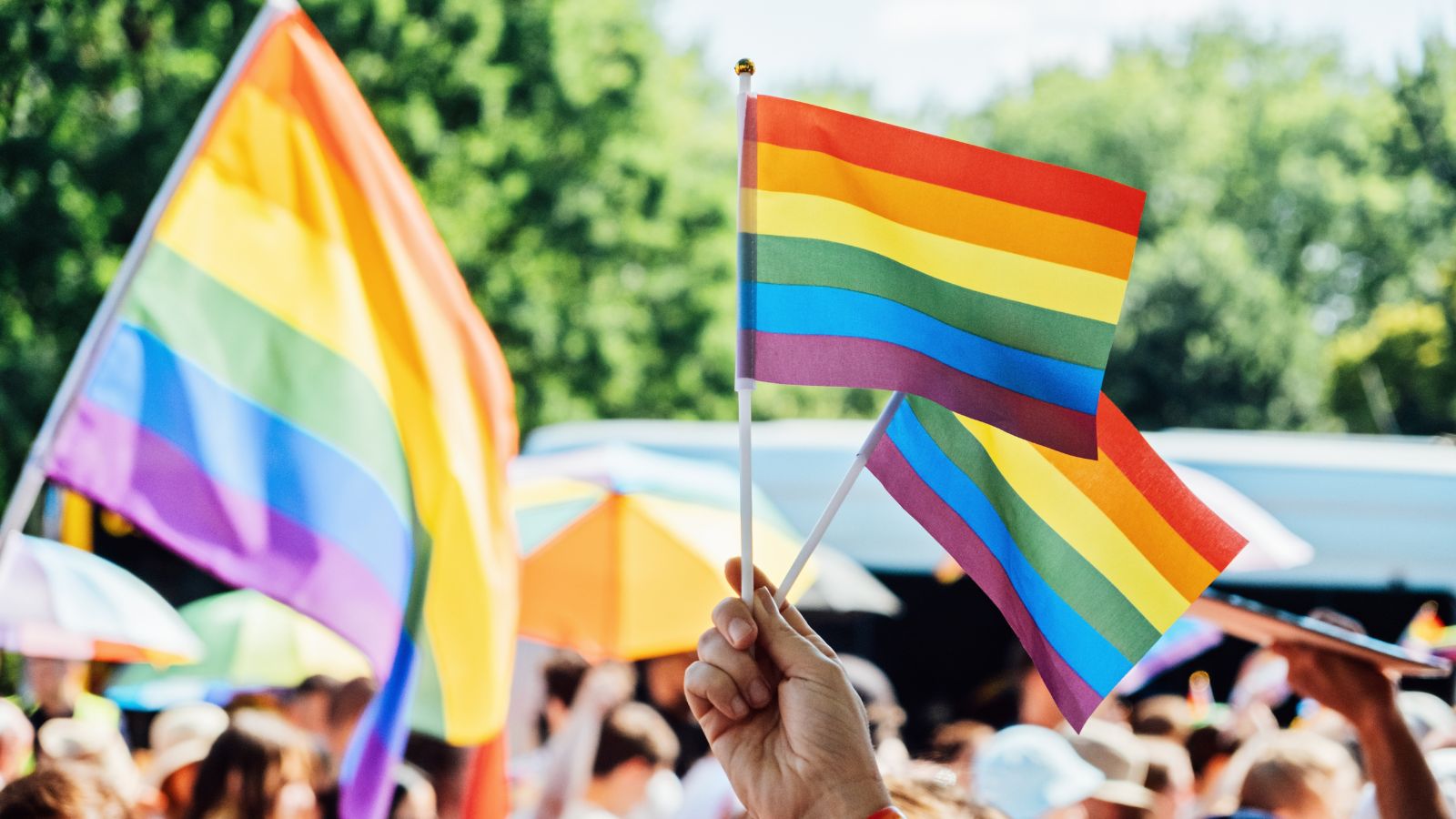
The LGBTQ+ community has grown a lot in recent years. People are free to have different gender and sexual identities and most of it is taught against in religious books. This has caused many people to run away from religion and look at it as discriminatory.
Up Next: 19 American Foods that Are Not Allowed in Other Countries

We can debate all day about who has the safest food supply in the world. Though, I’d bet you would be surprised at how many everyday American foods are banned in other countries. Most are due to chemical additives and pesticides, which, in places like the EU, cannot be approved for use unless proven safe. Let’s take a look at 19 of them.
19 American Foods that Are Not Allowed in Other Countries
19 Things That Will Happen When You Stop Drinking Alcohol

Whether you identify as an alcoholic or a casual drinker, alcohol can have a significant negative impact on your health. This is why more and more people are choosing to go cold turkey for the sake of their well-being. If you’re considering going sober but need a little more convincing, we’ve got you covered. Here are 19 things that will happen when you stop drinking alcohol.
19 Things That Will Happen When You Stop Drinking Alcohol
17 Things Guests Actually Notice Right Away About Your House

Inviting people into your home is a big deal. You may be very house-proud or house-conscious, and if you are either, you’ll likely get anxious about hosting. If this sounds like you, stop worrying and focus on the following 17 things that guests actually notice right away about your house.
17 THINGS GUESTS ACTUALLY NOTICE RIGHT AWAY ABOUT YOUR HOUSE

